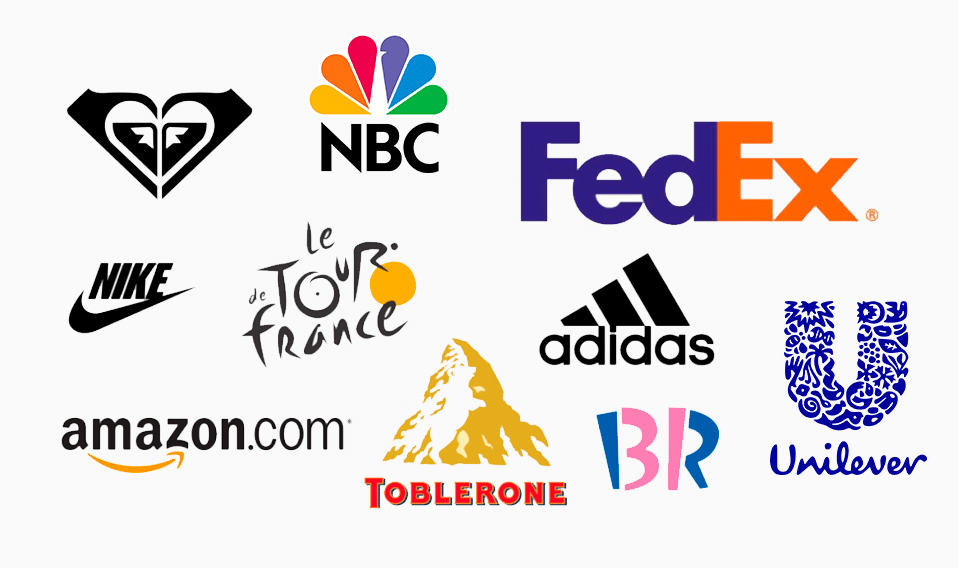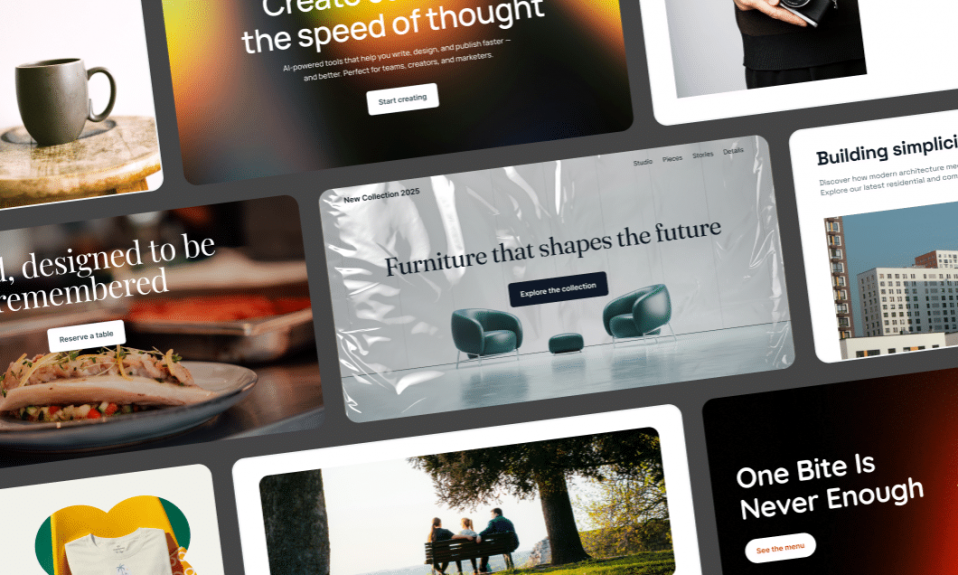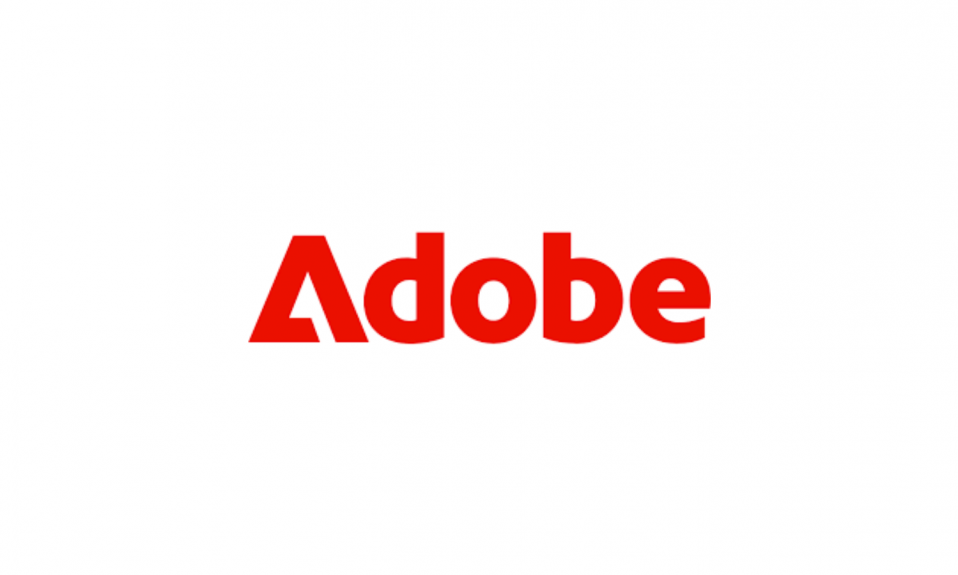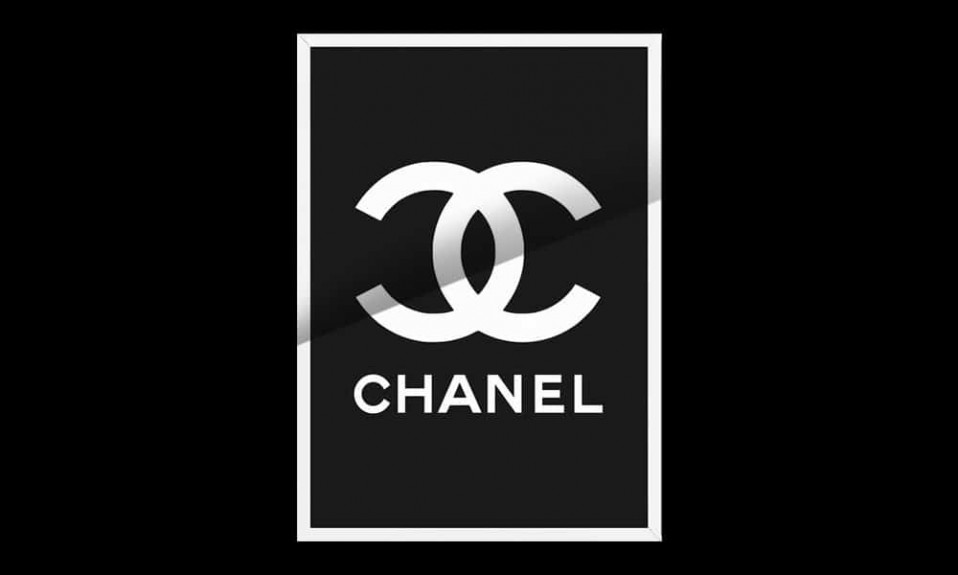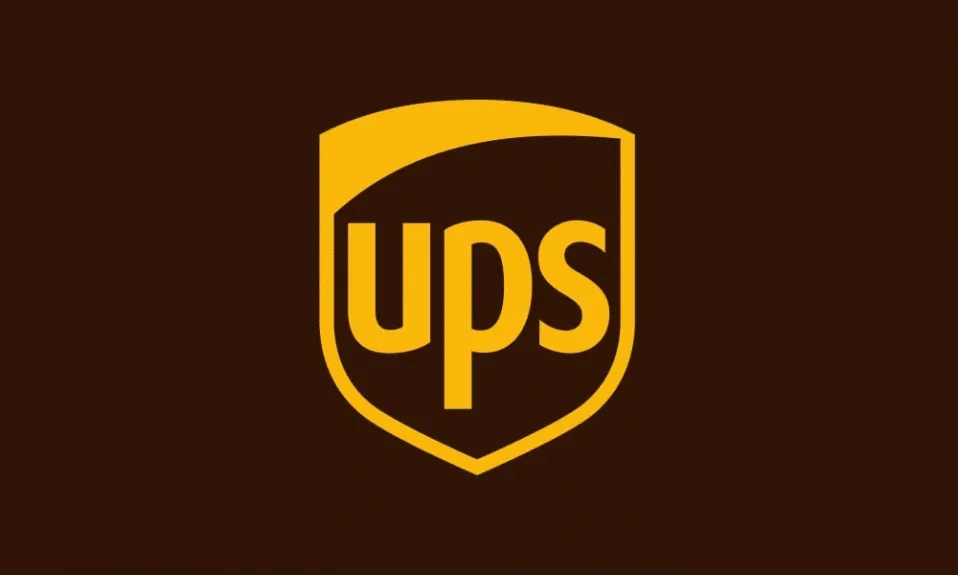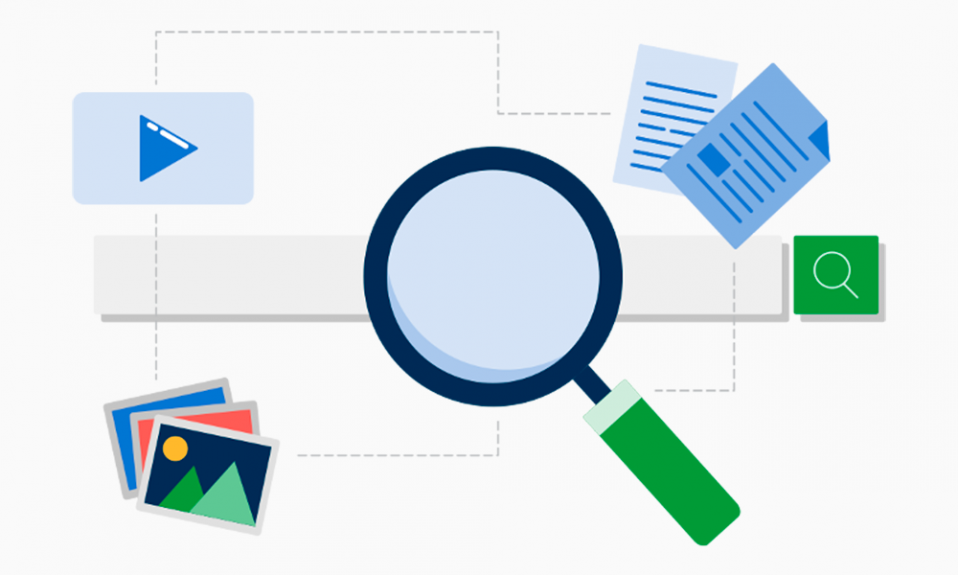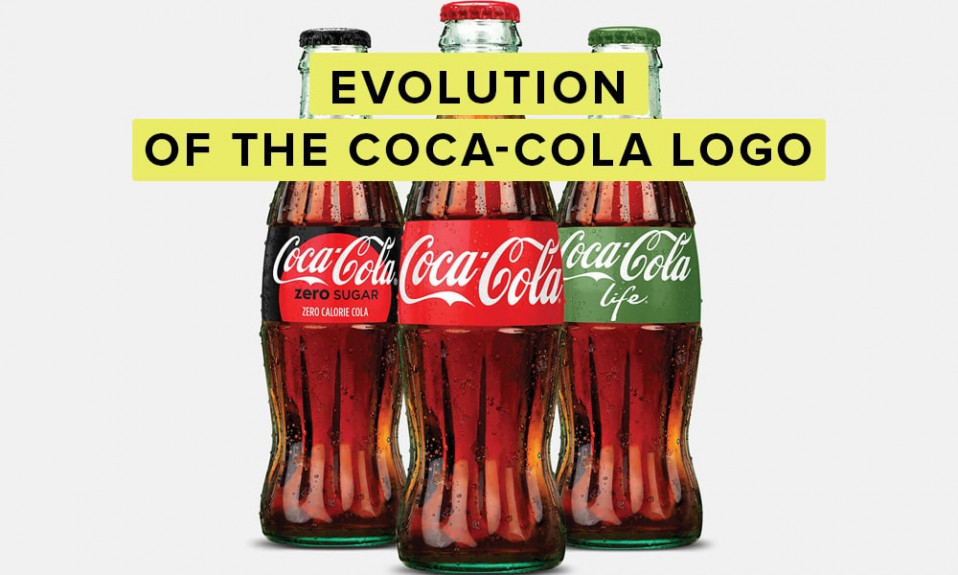Ever come across a logo that you have seen a million times, but one day you notice a small detail that blows you away? Here is a list of the most famous logos—that you come across every day—with hidden messages that you’ve never even noticed. You’ll never look at these logos the same way again!
Table of Contents
01. Beats
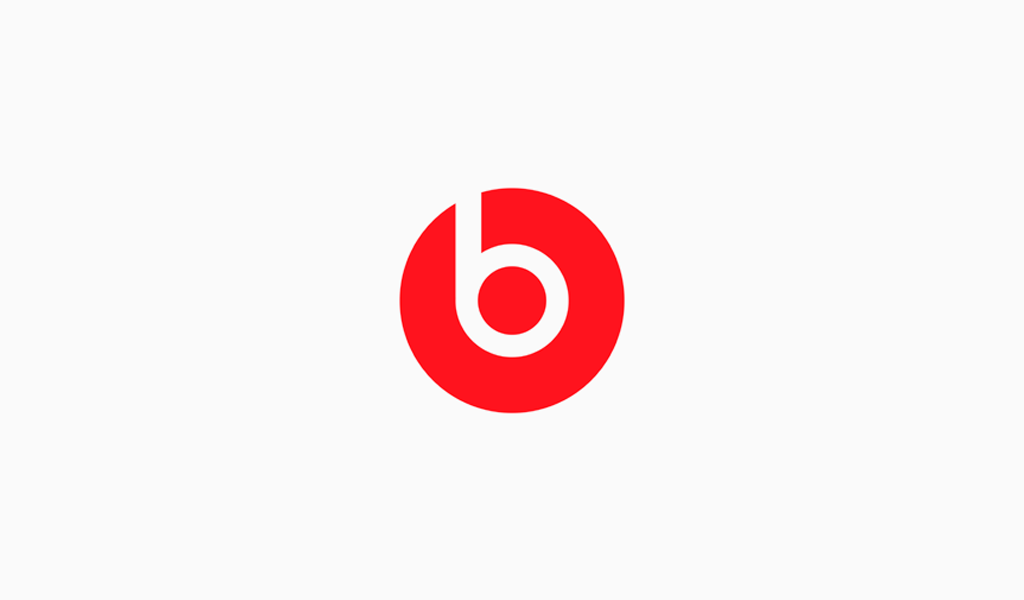
The logo for Beats by Dre is pretty simple. The “b” is enclosed in a circle followed by the brand name. The circle, though, isn’t just a circle. It actually represents a human’s head, and the “b” letterform represents the brand’s headphones. This gives the brand a personal element, allowing a customer to see themselves in the headphones.
02. Adidas
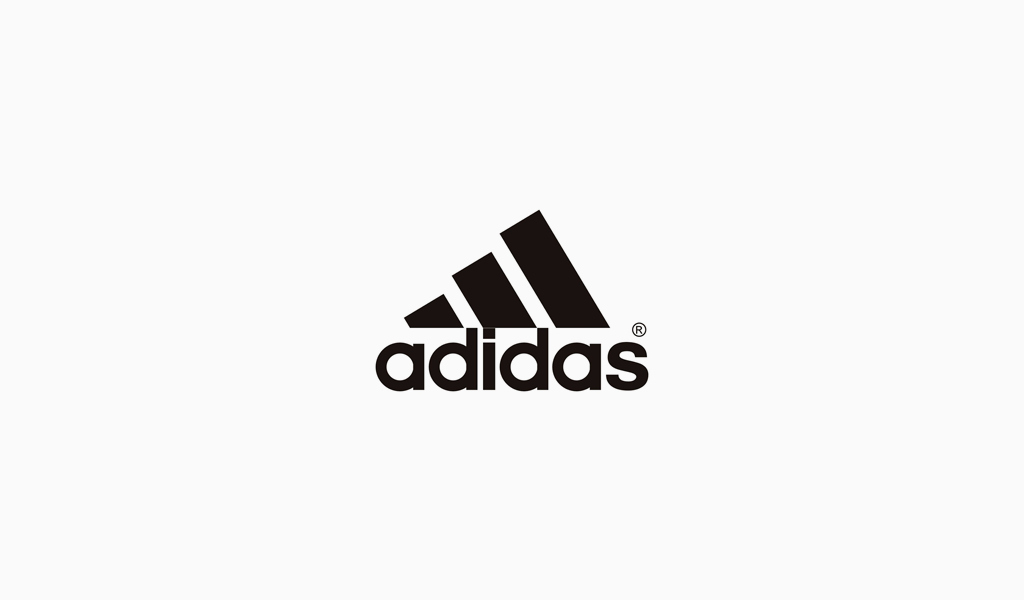
Adidas is a popular sports apparel and shoe company. Three stripes have always been a part of their logo, but in their most recent redesign, the stripes are staggered to look like a mountain. The mountain represents the challenges and obstacles athletes will face and overcome.
03. NBC

NBC’s logo has a couple of hidden meanings. It’s clear that it’s a peacock, but why? When the logo was developed color televisions were being introduced (exPlaining the rainbow of colors), and the network wanted a logo that would cause black and white tv owners to make the switch. So, they went with the common phrase (at the time), “proud as a peacock”, promoting that they were proud of their new color system. The six different colors of the feathers represent the six different divisions of NBC.
04. Amazon

Amazon is a powerhouse when it comes to online shopping, and their logo reflects that. The yellow arrow in their logo starts at the letter “a” and ends at the letter “z”, implying that they sell everything from a to z. The arrow also represents a smile, with the arrowhead being a stylized dimple or smile line. The smile indicates the happiness people feel when they shop with Amazon.
05. Baskin Robbins
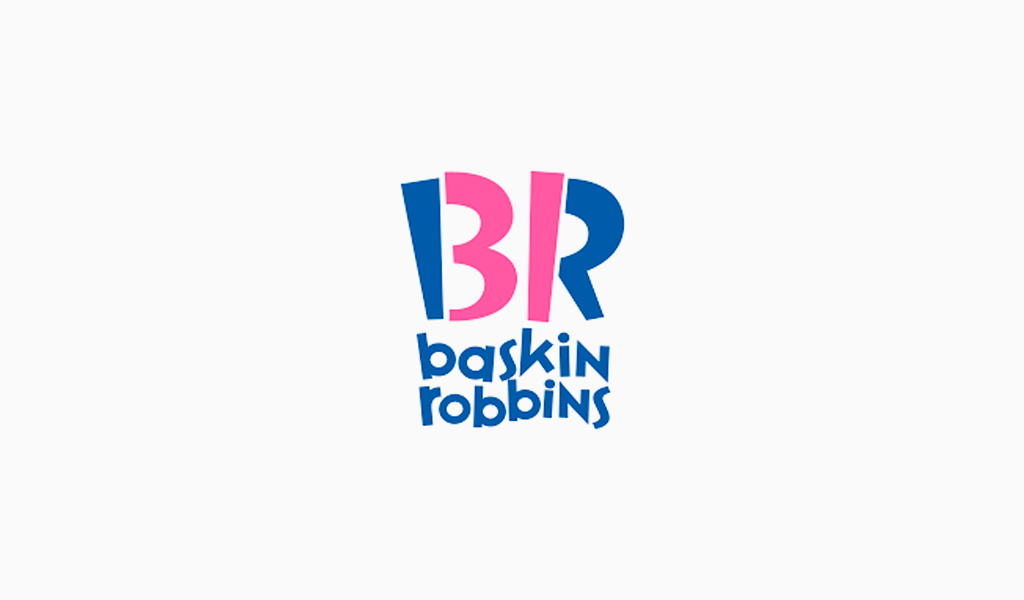
Baskin Robbins is known for its seemingly limitless flavors of ice cream (31, if we’re being exact). That famous number is hidden in the “B” and the “R” of their logo, acting as the curve of the “B” and the stem of the “R”. The logo represents fun and energy, much like how you’ll feel during (and after) eating their ice cream.
06. Roxy
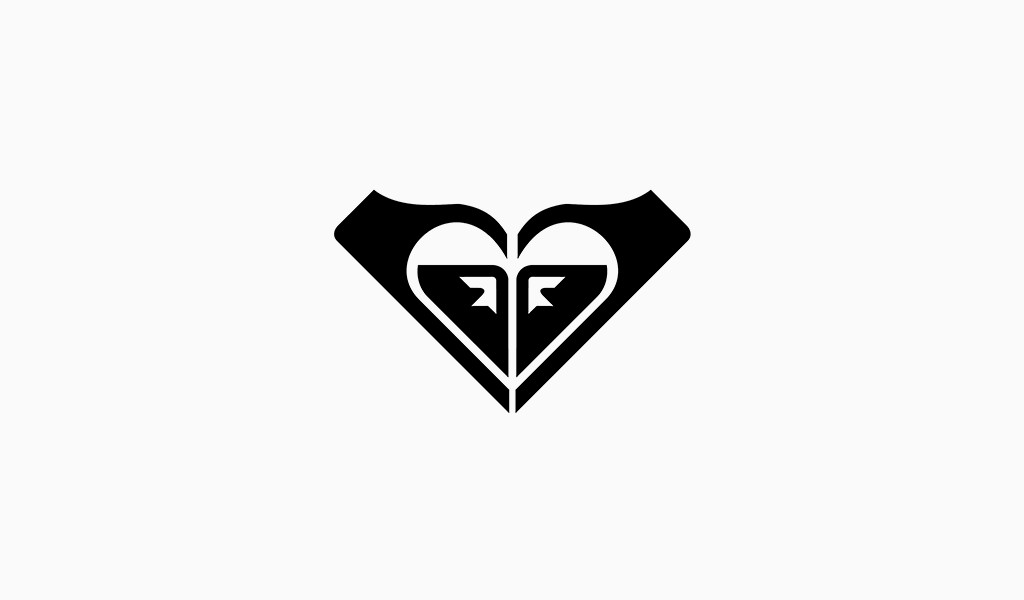
Roxy is Quicksilver’s female clothing line. To aPPeal to their female audience, they use a heart as their logo, drawing inspiration from the feminine shape and connotation behind its meaning. And it’s not any ordinary heart—it’s actually two Quicksilver logos turned on their ends.
07. Vaio
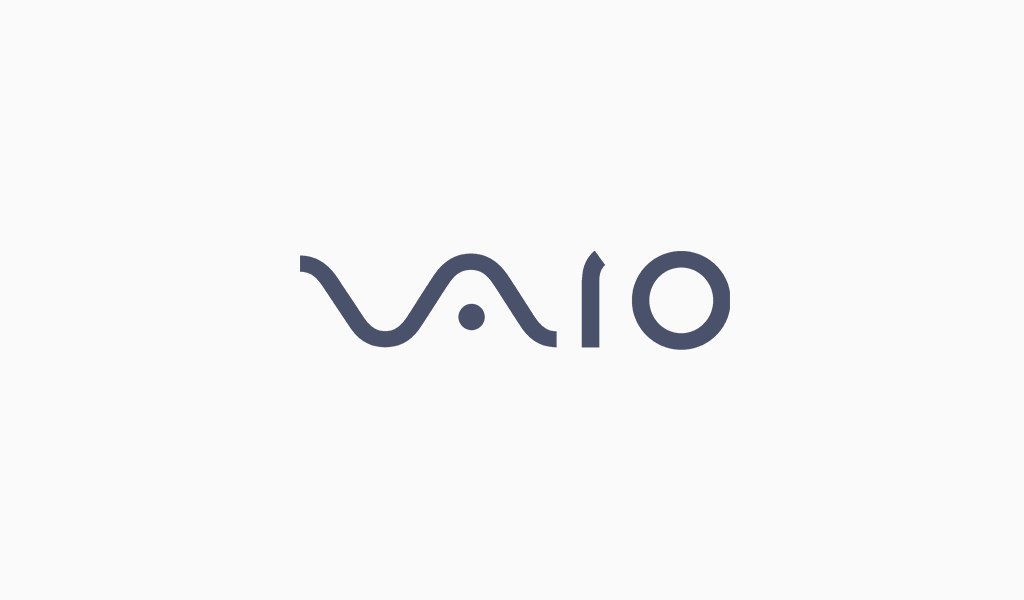
Sony Vaio, aka Visual Audio Intelligent Organizer, is known worldwide for its technology, but not everyone knows the meaning behind its logo. Vaio represents the integration of both analog and digital technologies in its products. The letters “va” are made to look like an analog wave, while the “io” resemble the numbers 1 and 0, representing a digital signal or binary code.
08. Picasa
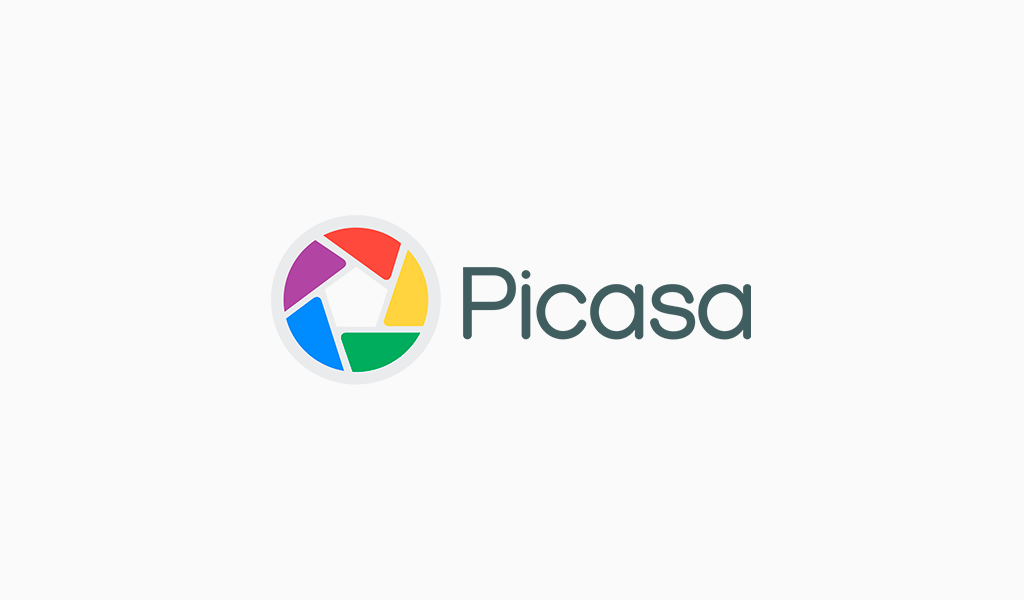
Picasa, Google’s former image organizer and editor, has an interesting logo mark. At first glance it looks like a simple camera shutter, but the negative space in the center of the shutter actually forms a house. This is because Picasa is considered “home” for all of your photos, and casa in Spanish means home.
09. Museum of London
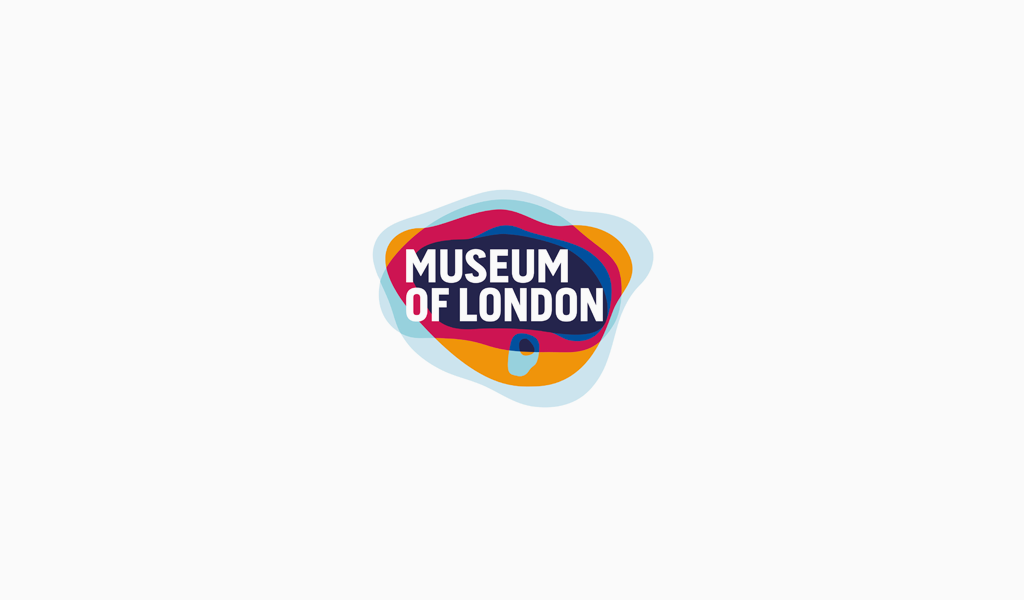
The Museum of London has an interesting, organic look. The shapes of color actually represent something, though, and aren’t just abstracted blobs of color. They show the geography of London and how it has changed over time, representing the constant change of London and its people in the Past, the present, and looking towards the future.
10. Eighty 20
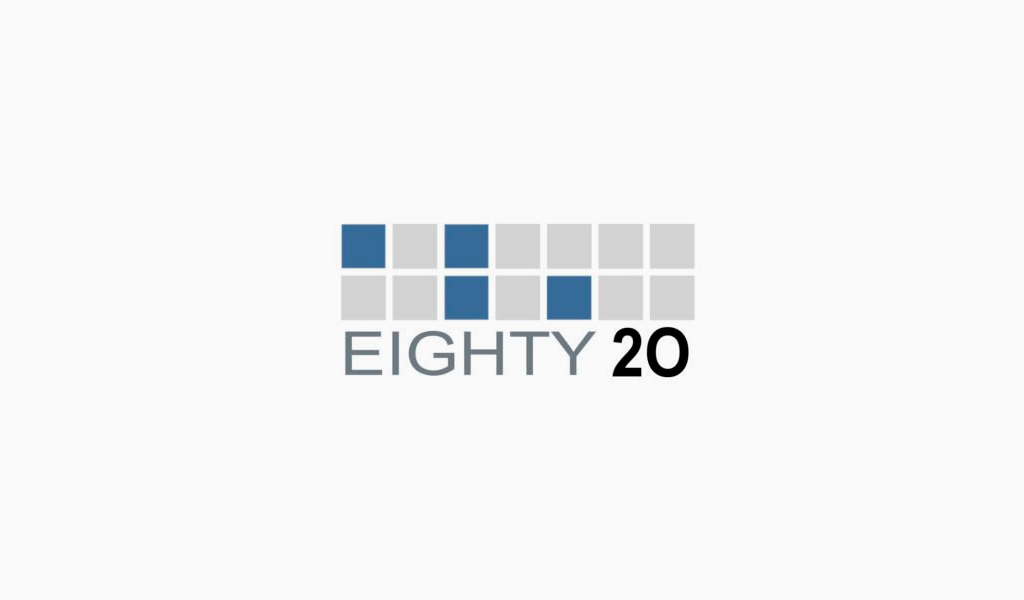
Unless you’re really good at math, you probably wouldn’t be able to guess the meaning behind Eighty 20’s (a South African analytics consultancy) logo. The sԛuares actually represent the binary pattern for 1010000 and 0010100, which mean eighty and twenty.
11. London Symphony Orchestra
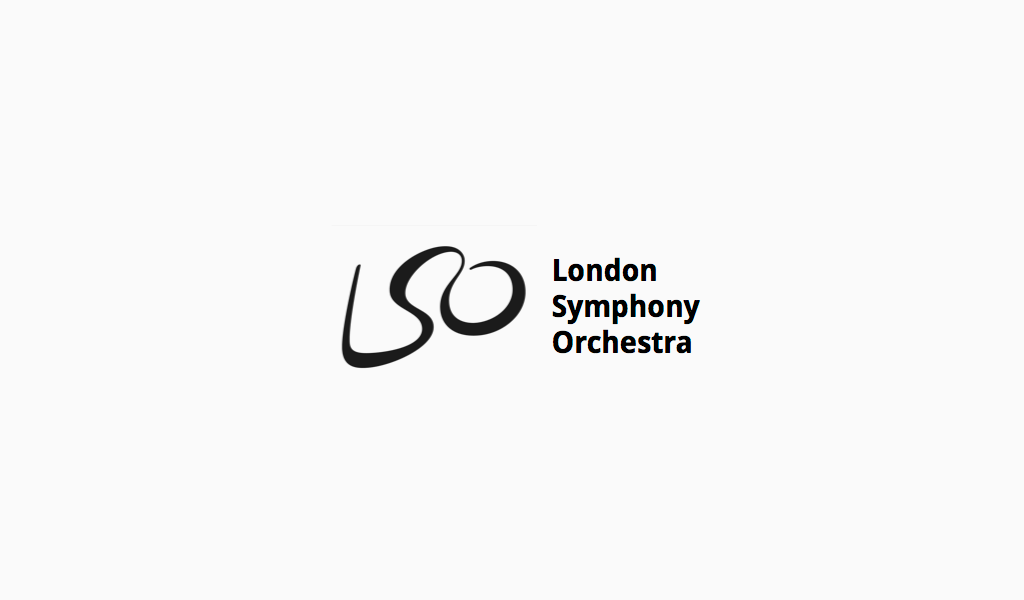
The logo for the London Symphony Orchestra can’t only be read as the initials “LSO”, but also as an orchestra conductor. The elegant way it looks (almost script like) adds to the elegance of the orchestra. Which did you see first?
12. My Fonts
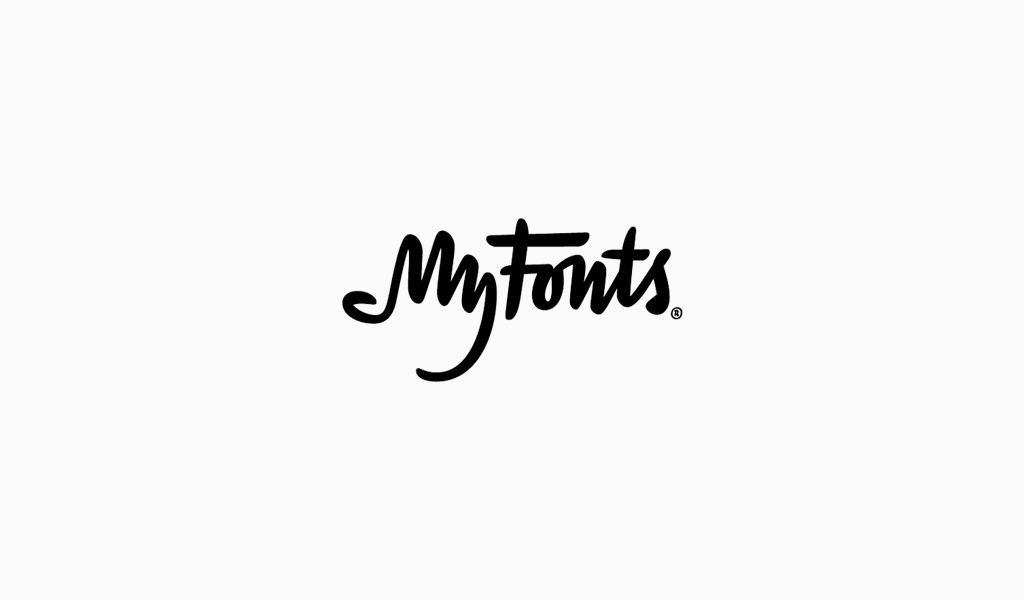
My Fonts is an online font resource, allowing users to access a number of fonts. The “My” in My Fonts is stylized to look like a hand, giving the impression that users can get their hands on whatever fonts they’d like.
13. Le Tour De France
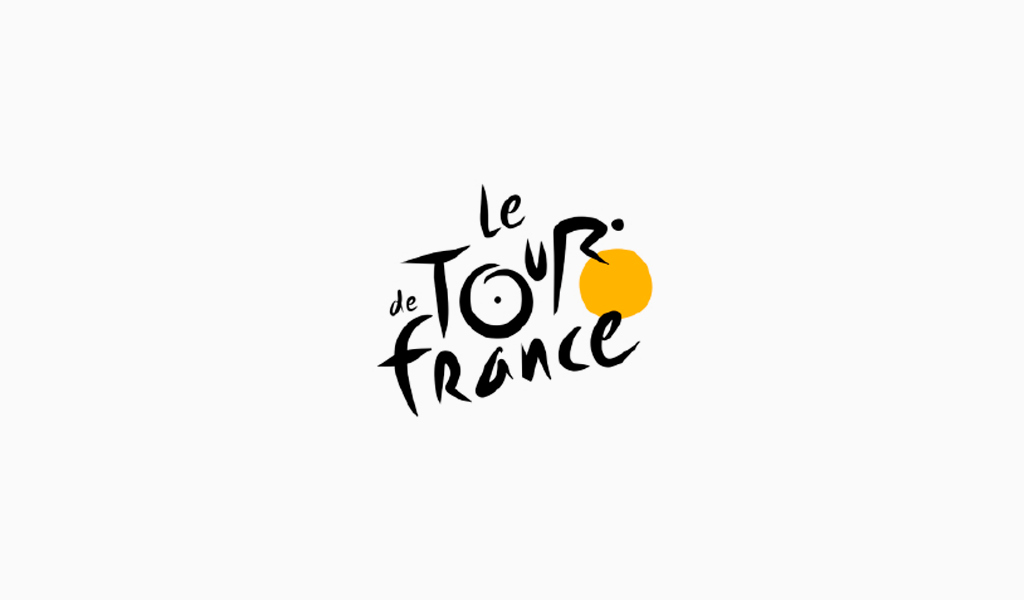
Le Tour De France logo has two hidden messages inside of it. The first is a bit more obvious, with a cyclist making up the letter “r”, but the second is more subdued. The yellow circle that acts as the bike’s wheel is also a sun, indicating that the events of the race only occur in the daytime.
14. IBM

IBM’s famous logo is globally recognized. The white stripes passing through the letterforms give the illusion of eԛual signs in the lower areas of the letters, which represents eԛuality.
15. Galeries Lafayette
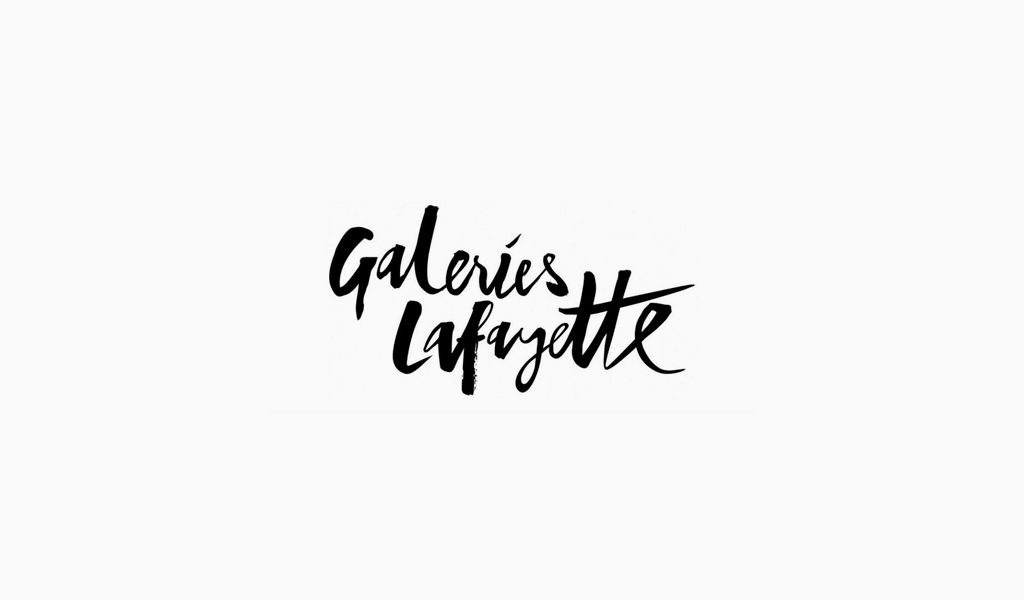
Galeries Lafayette is an upscale French department store. Not only is the tyPograPhy elegant and fancy, but the Eiffel Tower is hidden in the letter “f”, solidifying its French roots.
16. Newman
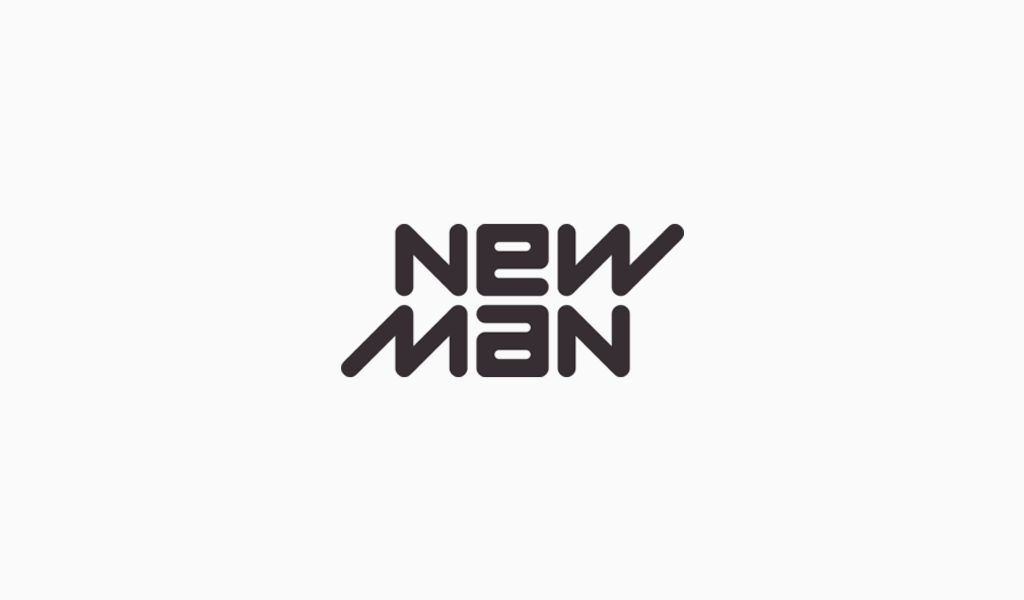
Upon first look, this logo for a French clothing company doesn’t look groundbreaking. But it does have a bit of a visual trick. If you look closely, you can read the logo the exact same way upside down. This implies that the company is innovative and their clothing can serve multiple purposes.
17. Greenlabs
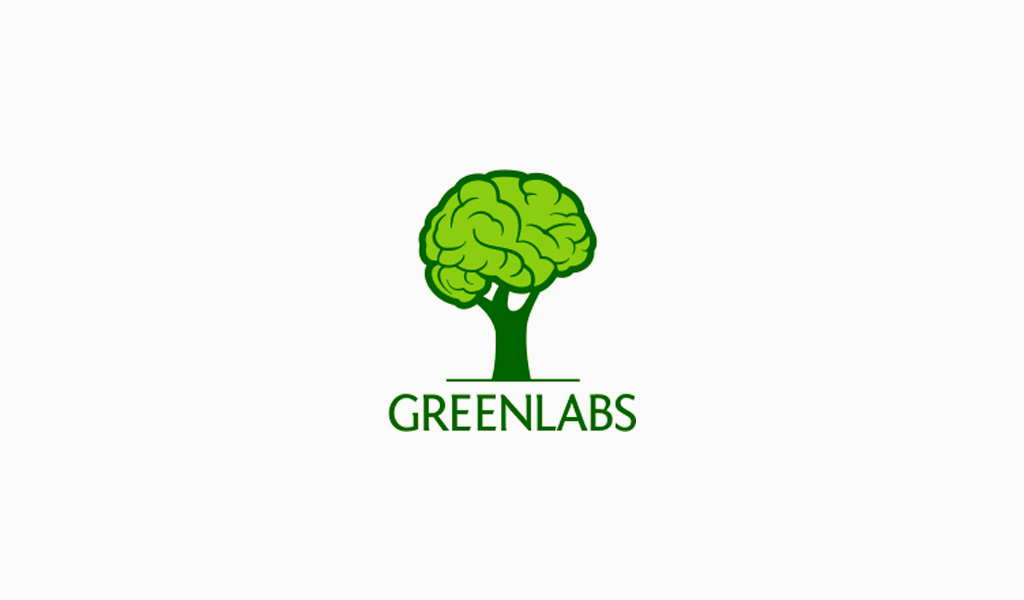
Greenlabs, a digital marketing and web solutions company, uses a tree as their logo. This accentuates the “green” aspect of their brand, but what about the labs? The crown of the tree is actually a brain, which represents the intelligence of their staff.
18. Bird Love
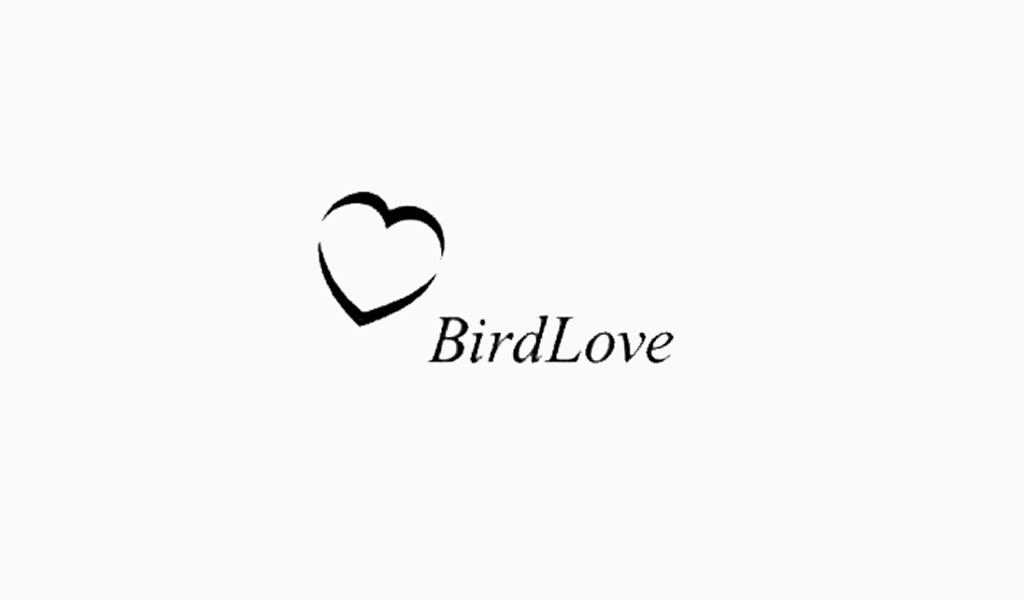
This logo for a vietnamese coffee shop is very simple. It’s black and white, the typeface is a classic serif, and the heart symbol is clean. This reflects the integrity of the brand and its dedication to classic vietnamese coffee, as well as their love and passion for it. Hidden away in the heart are two flying birds, bringing in its namesake.
19. Gamecube
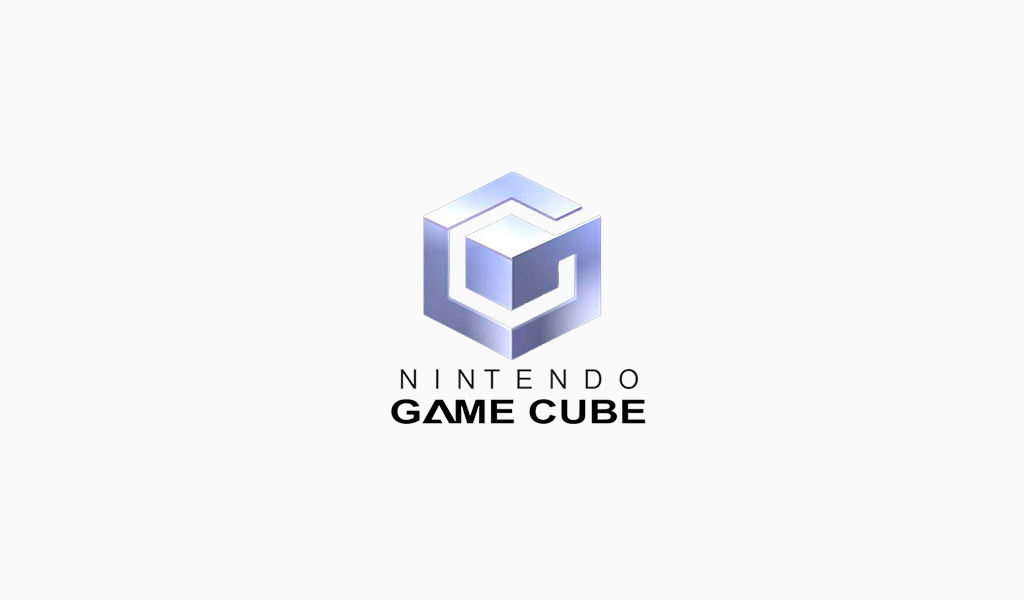
Gamecube’s logo is very interesting to look at, and for good reason. Not only is it a cube within a cube, but the outer cube forms a “G” around the inner cube, leaving a “C” in the negative space.
20. Yoga Australia
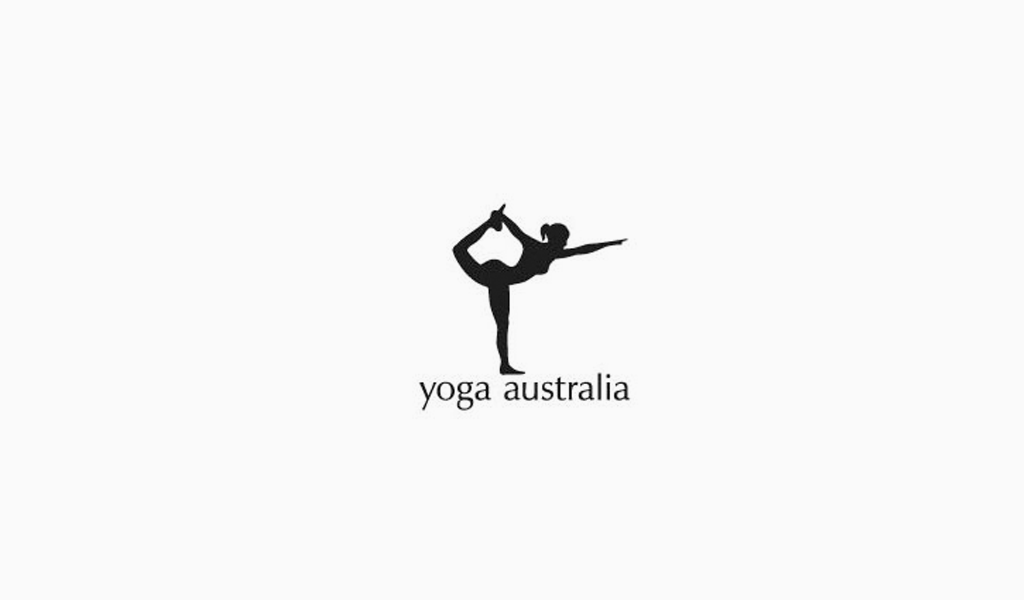
This logo for Yoga Australia has a hidden gem in its negative space. In the area between the arm and the leg it’s grasping is the geographical outline of Australia.
21. BMW

BMW’s logo colors come from the Bavarian flag, which are blue and white. Their logo is derived from the Rapp Motor Works’ logo, which is very similar. It is commonly thought that the logo represents the blades of a spinning propellor, due to their aviation history and an ad created in the 1920s.
22. British Blind Sport
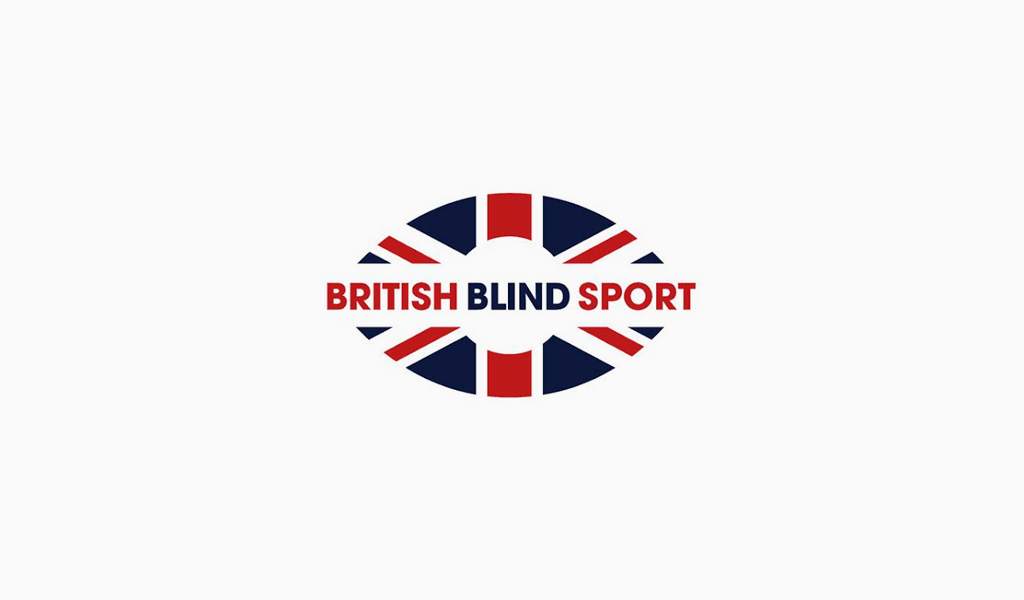
The British Blind Sport charity enables blind and partially sighted people to participate in sports. Their logo features what appears to simply be the British flag, but if you look a bit closer, you’ll see something special. The blank area in the center may seem to have been added in to make the word “blind” easier to read, but in fact, it is acting as the PuPil of an eye, with the rest being made up of the contour of the flag.
23. LG

LG is recognized worldwide, and most people recognize the “L” and “G” in the logo mark. What most people don’t realize, though, is that those letters actually help to create a face. The “L” makes the nose and the “G” makes up the rest of the face. This gives the brand a human element, and makes it more inviting and approachable.
24. Lion Bird
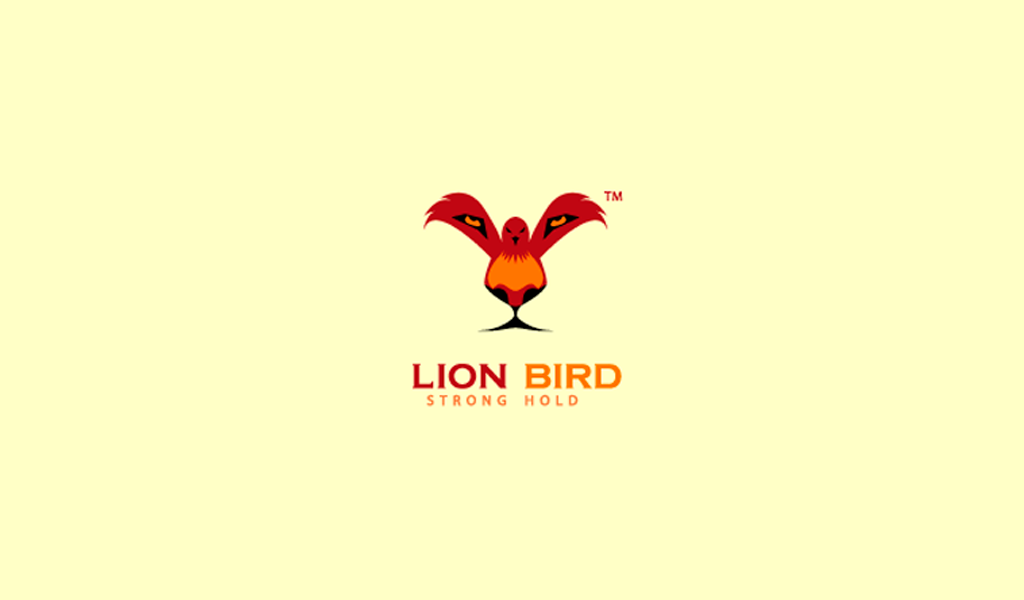
This logo is a mastery of visual manipulation. Do you see a bird first, or a lion? Both are there, though the lion is minimally so. The face is made up with the body of the bird, and your eyes fill in the rest in the negative space. The lion represents the way the brand attacks its profession, and the bird represents their power.
25. The Swan and Mallard
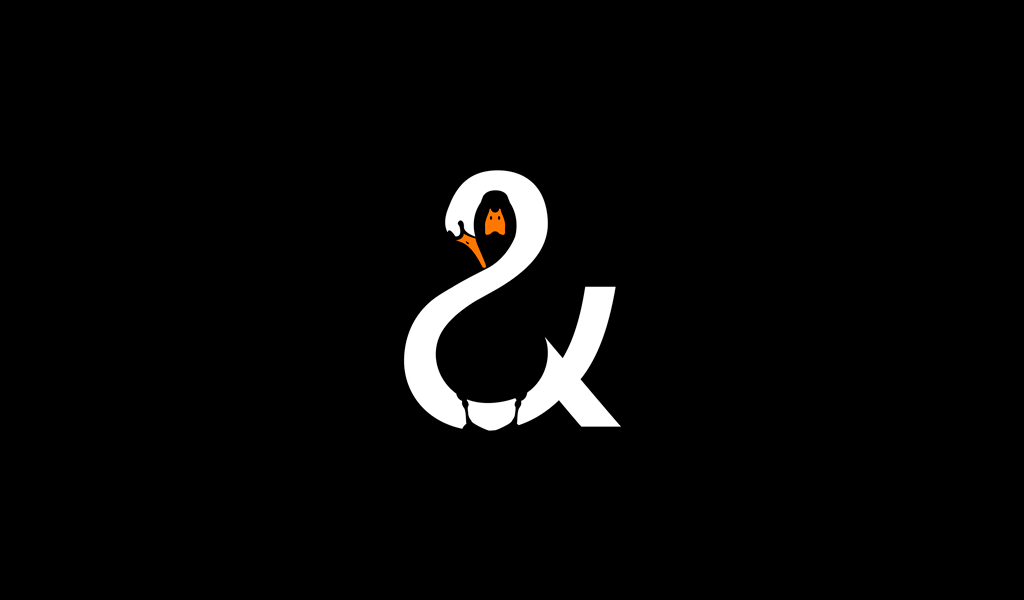
The Swan and Mallard restaurant logo takes the idea of visual mastery to another level. Not only is there a black mallard hiding in the negative space of the swan, but the swan forms an ampersand. If the mallard was placed in another area, it wouldn’t have been possible to create the ampersand so cleanly. The logo is clean and elegant, giving you a taste of how your experience would be in the restaurant.
26. SPartan
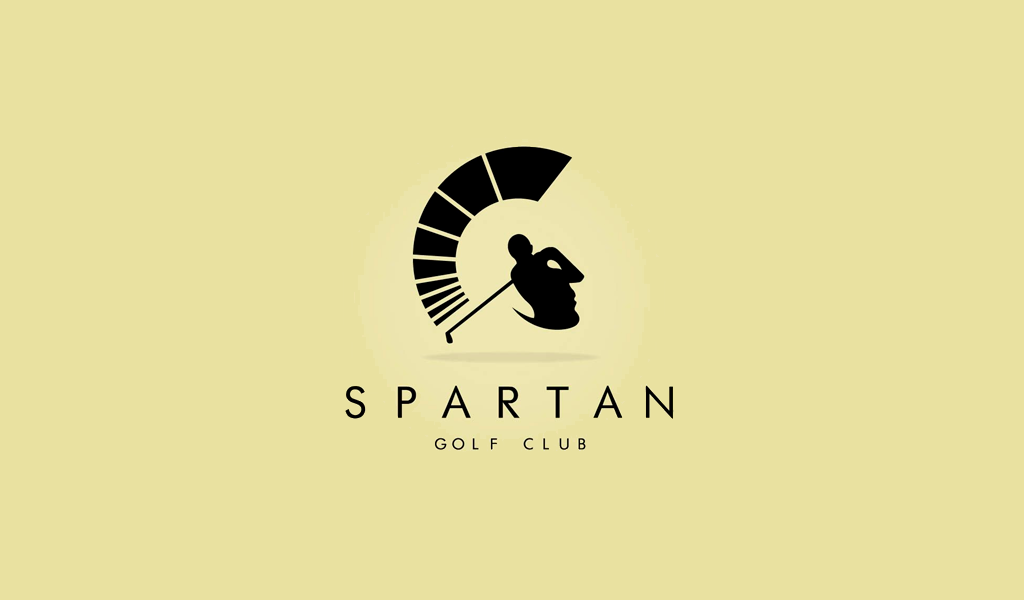
This logo for the Spartan Golf Club has dual meanings. When you look at it one way, you may see a golfer taking a swing, with his trajectory displayed beside him. When you look at it the other way, you can see the profile of a Spartan in his helmet.
27. FedEx
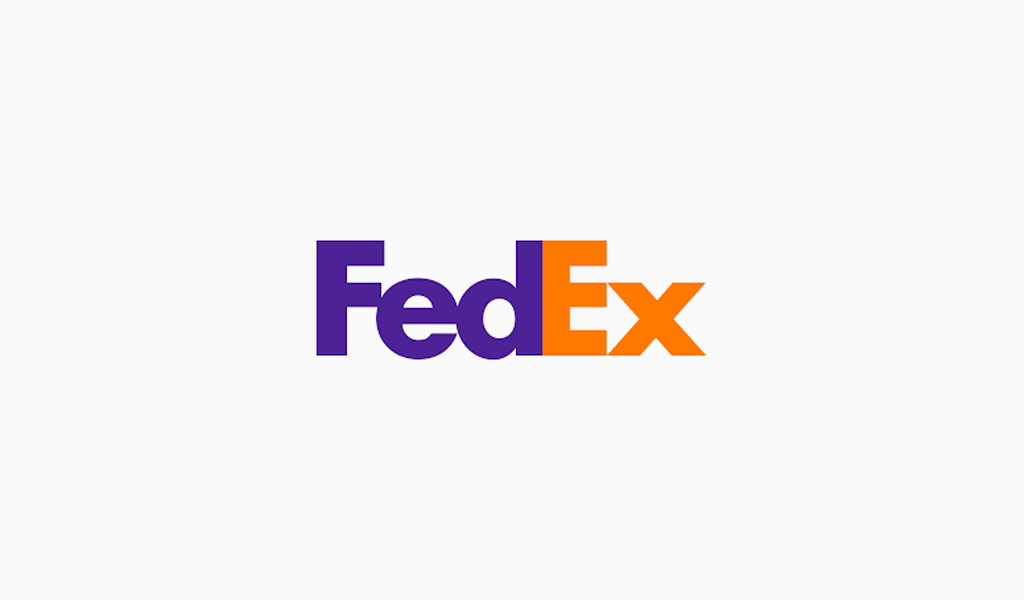
FedEx is an incredibly popular shipping company, and its logo is plastered on trucks and planes all over. While there isn’t anything incredibly groundbreaking in the colors or simple type, there is a hidden gem in there. Have you ever noticed the arrow hidden in the negative space between the “E” and “x”? The arrow represents the idea of moving forward with speed and precision, much like the FedEx brand.
28. Gillette
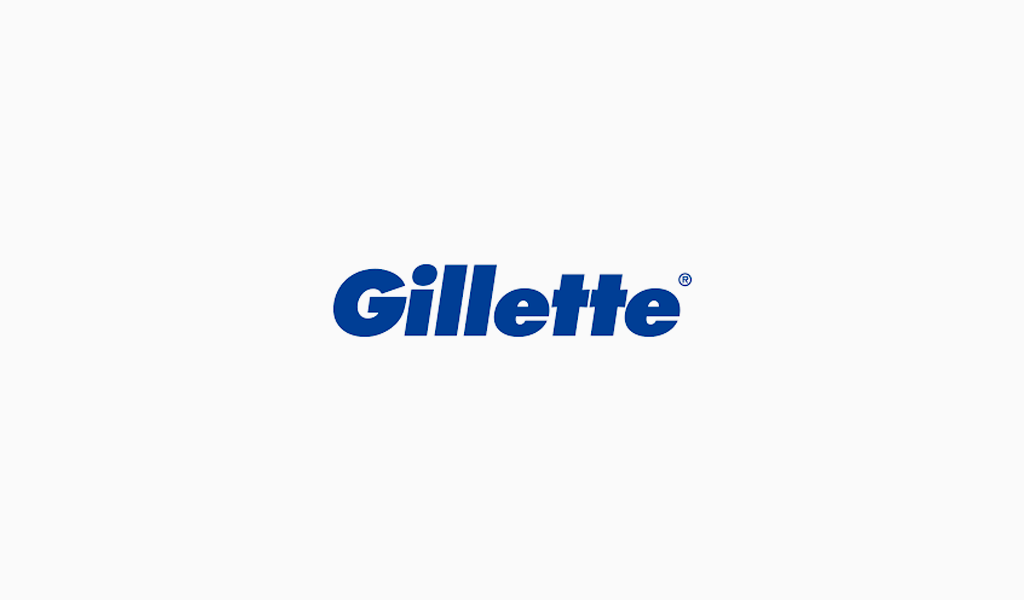
Gillette, a razor company, is razor sharp with their logo — literally. The intricate and precise cut in the “G” and “i” look as though they’ve been carefully removed with an extra sharp Gillette razor.
29. Tostitos
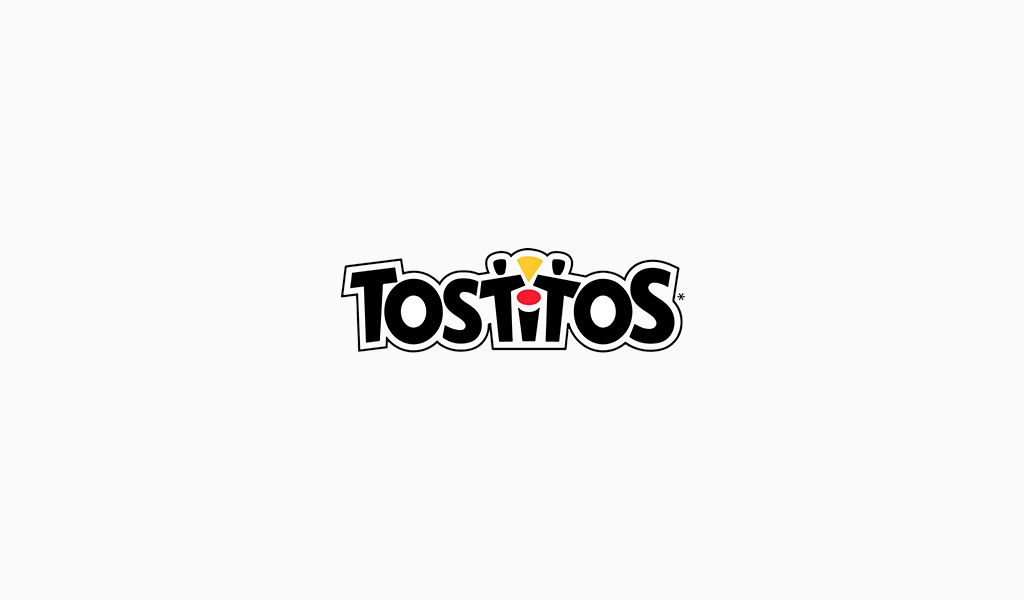
Tostitos, the popular chip and salsa brand, has some fun imagery hidden in its typography. The “t¬i¬t” in Tostitos is actually two people enjoying chips and salsa at a table, showing that the snack is fun and social.
30. Carrefour
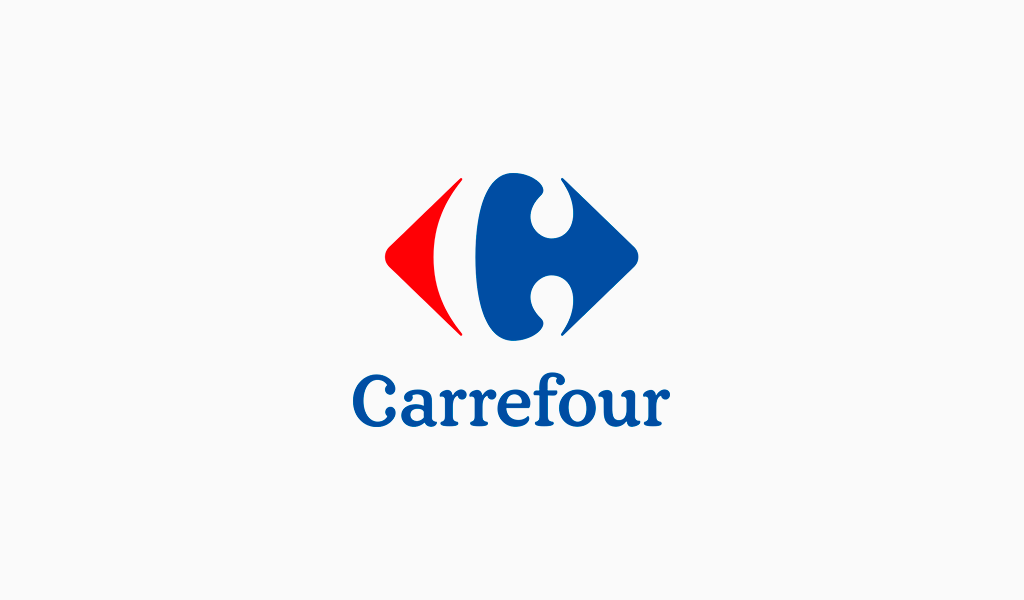
French for “crossroads”, the Carrefour logo features two arrows on both the left and right sides. Hidden between the two in the negative space is the letter “C”, standing for the brand name.
31. Milwaukee Brewers
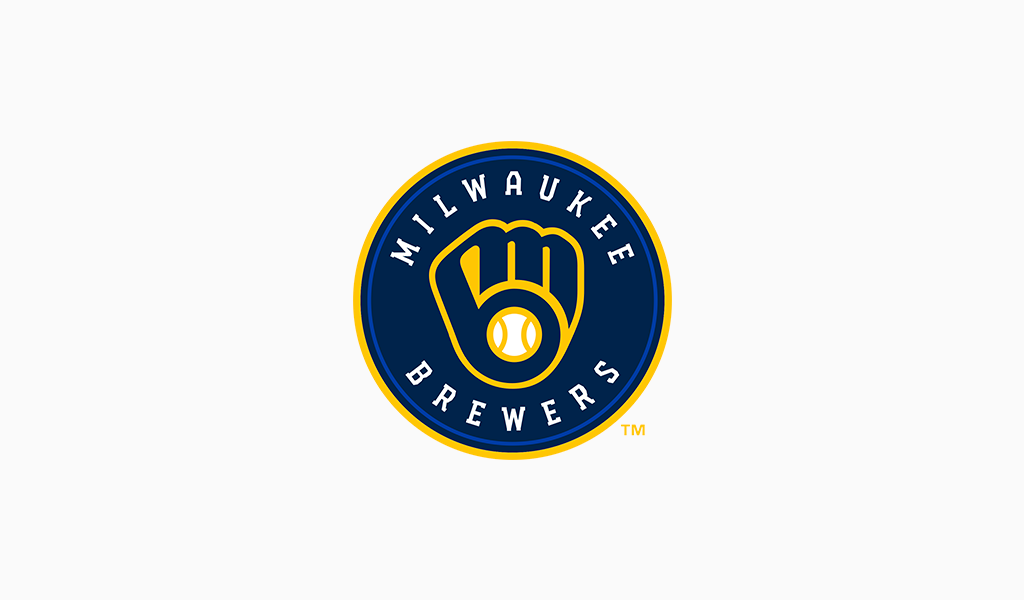
This old logo for the Milwaukee Brewers looks like a baseball mit catching a baseball, but it’s not only that. Upon closer inspection, you can see that the letters “m” and “b” are what create the baseball glove.
32. Unilever
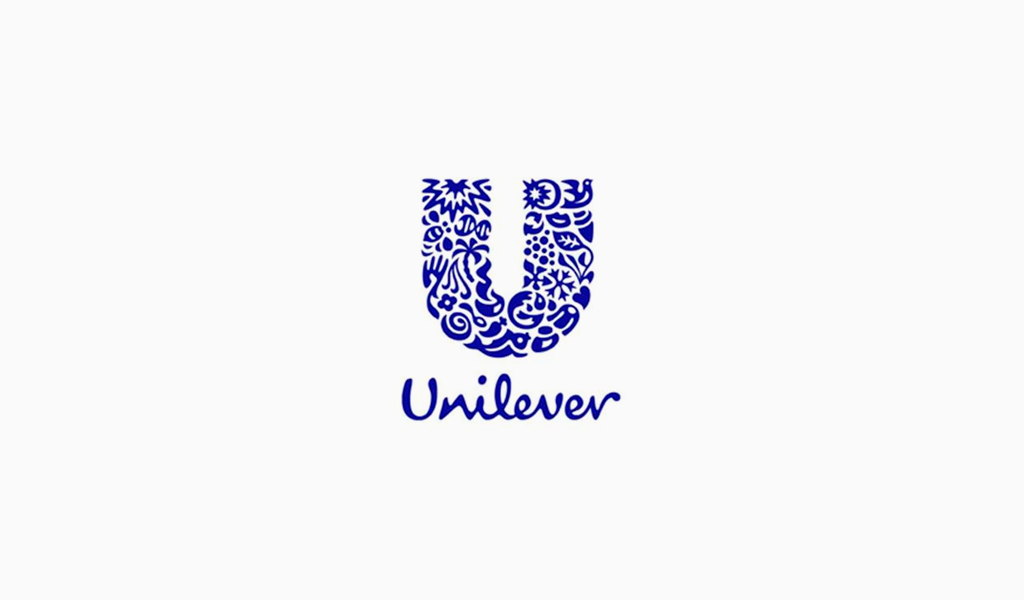
Unilever makes a ton of products, and to showcase that they created a “U” out of a variety of icons symbolizing some of their core products. It’s a fun way to show they have their hands in a variety of areas, and gives the viewer something to piece together.
33. Pinterest

Pinterest got its namesake from the idea of “pinning” things you like to a board. To further the idea of the pin, the “P” represents a pushpin. This brings together the real life aspect of tacking something to your wall and also doing it in the digital age.
34. Pittsburgh Zoo & PPG Aԛuarium
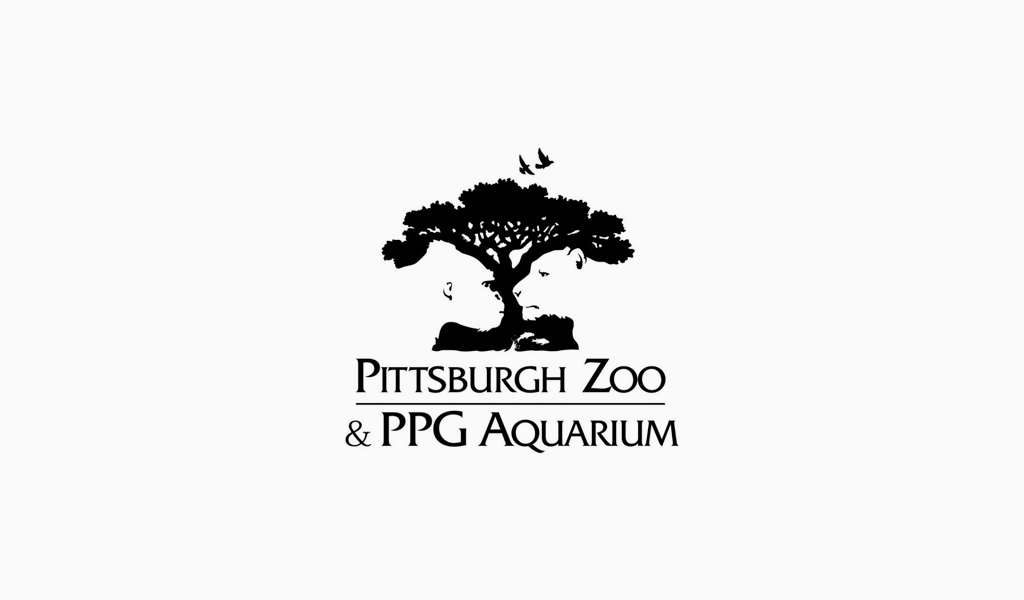
This zoo logo looks like a simple tree at first glance. If you look in the negative space, though, you’ll see the profiles of both a gorilla and a lion facing each other. This helps to showcase the wildlife that can be seen at the zoo.
35. Toblerone
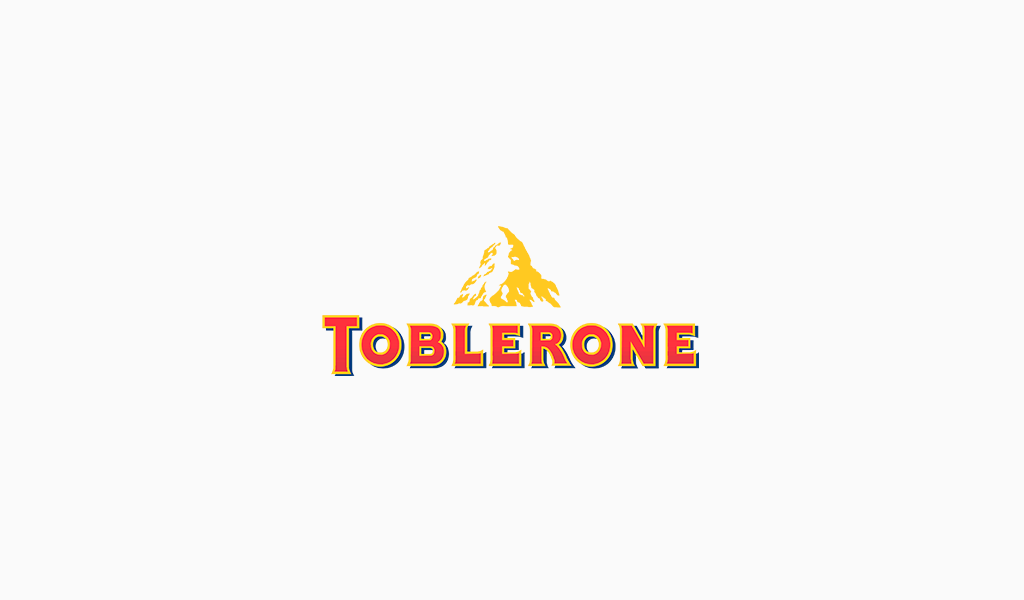
The popular chocolate bar, Toblerone, has been around for ԛuite some time. It’s current logo features a mountain, symbolizing the Matterhorn Mountain in Switzerland. Hidden inside the mountain is a bear, symbolizing the uniԛue honey flavor found in the chocolate and the fact that the chocolate is made in the “City of Bears”.
36. Toyota

Toyota’s current logo has been around since 1990. The popular car manufacturer’s three overlapping rings symbolize the unification of the hearts of Toyota customers and Toyota’s products. The background space represents their technological advancement and the opportunities that lay ahead.
37. Audi
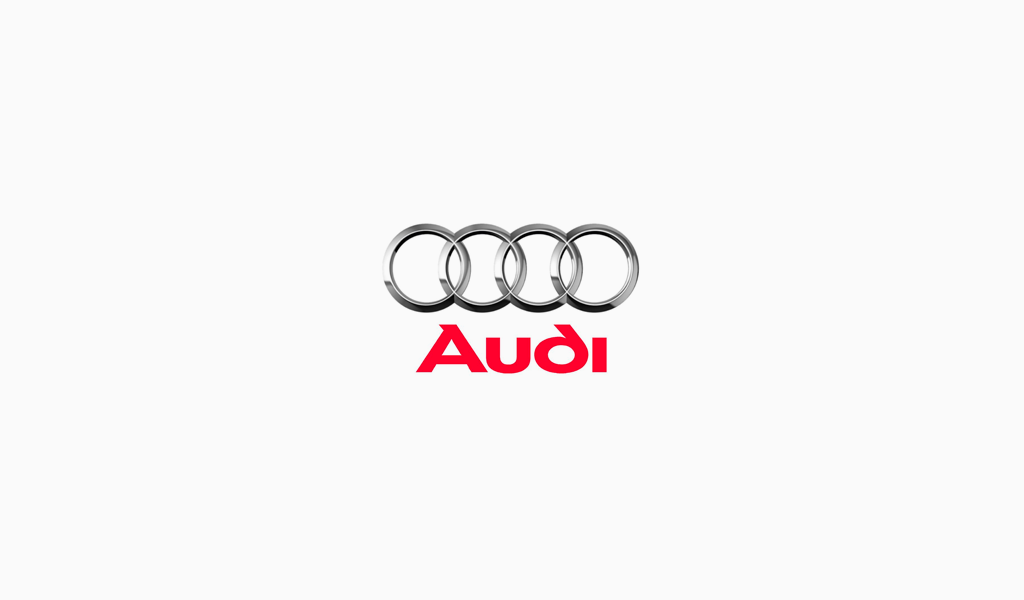
Another car company with a logo with a hidden meaning is Audi. The four rings represent the four companies that came together to create the original Audi, Auto Union.
38. Continental

Hidden inside Continental Tire’s logo is none other than a tire. The “C” and the “o” are closely placed together, with the “C” wraPPing around it, creating the shape of a tire.
39. Apple
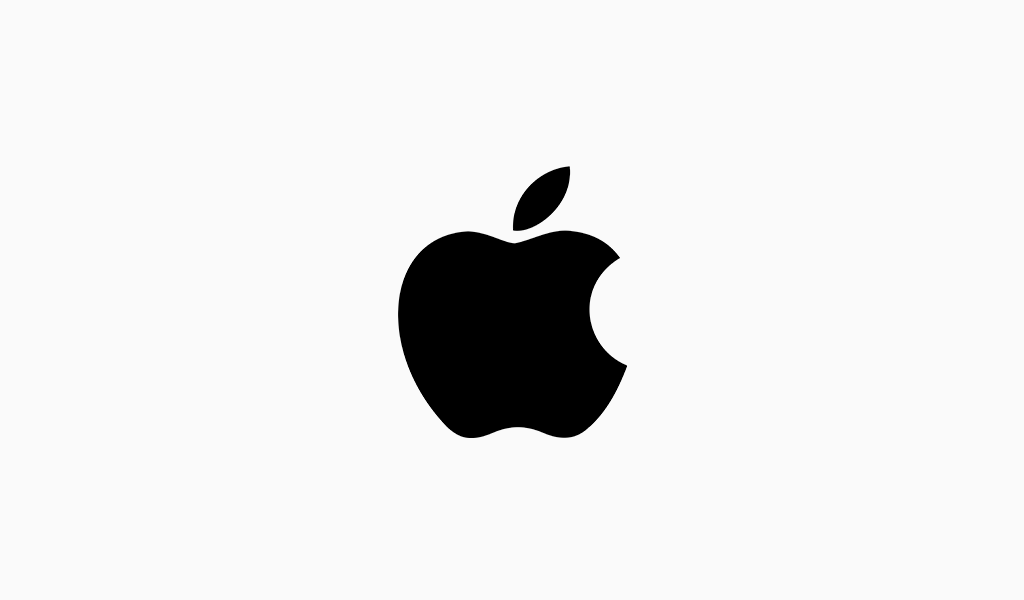
One of the most recognizable logos in the world, the Apple logo is theorized to have come from none other than the story of Adam and Eve. The apple is supposed to be the apple Eve bit from in the bible and represents the fruits from the Tree of Knowledge.
40. Google

Another incredibly recognizable logo worldwide (even after their recent redesign), Google’s logo is supposed to symbolize that they don’t play by the rules and know how to have fun. Instead of having a crazy font or symbol, they chose to relay their message with color. They stuck with the primary color palette but broke it with a secondary color, green.
There’s a logo on just about everything these days – smartphones, snacks, cars, clothes – you name it. Some of them are simple while others host hidden messages in logos that aren’t apparent to the casual eye. You may have seen them a million times, but some are so well integrated your eyes pass straight over.
Meaning and reasons why you need a logo for your brand

A logo is a combination of text and visual imagery that serves two purposes. It tells people the name of the company and it creates a visual symbol that represents your business. Some logos have powerful symbolic association connected to people’s memory. Having a professional looking, well designed logo builds trust. Potential customers are more likely to do business with you if you have a well designed logo.
When you’re on the cusp of starting a new business, pursuing a Passion project, or testing a concept, you may not think much about designing a logo.
And that makes sense considering all the other things you have to figure out, including what to call your new business, how it’ll operate, when you’ll find the time to do it, and so on.
Here’s why a logo is important for small businesses, especially early-stage ones!
Establishes Your Brand Identity
The famous designer Paul Rand wrote, “a logo doesn’t sell (directly), it identifies”.
Let’s reiterate — the number one purpose a logo serves is to give your business (or organization, group, team, etc.) an identity.
Think about how most people will interact with your company for the first time. Whether it’s through your website, a social media channel, a business card, or a booth at a conference, you want to make a positive first imPression — and it’s hard to do this with words alone.
By giving your company a mark that fits into spaces both large and small, you’re strengthening your business name (and overall brand) and providing a visual to your target audience. You’re saying “hi” without being pushy or obnoxious.
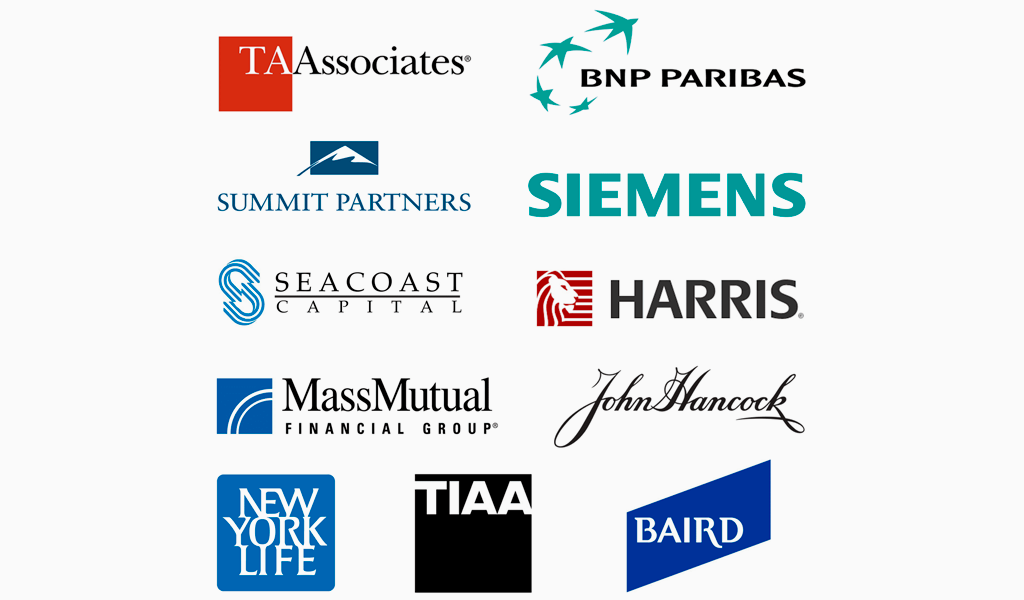
That’s not to say your logo has to explicitly identify what you do or sell — for example, if you’re a finance company, you don’t need to include dollar signs or piggy banks in your logo.
But what your logo does need to do is communicate your brand attributes (and personality!) using visual cues like colors, fonts, symbols, shapes, and slogans. And it needs to do it in a way that’s simple, straightforward, and adaptable across mediums.
It enhances your brand’s memorability

How many times have you forgotten the name of something, but can describe how it looks? In a world where people interact with hundreds of brands a day, you have milliseconds to capture someone’s attention and stand out.
A distinctive logo makes your brand (and business) easier to recall because humans are wired to identify images and use them to derive meaning and stories.
It conveys authority and fosters consumer trust
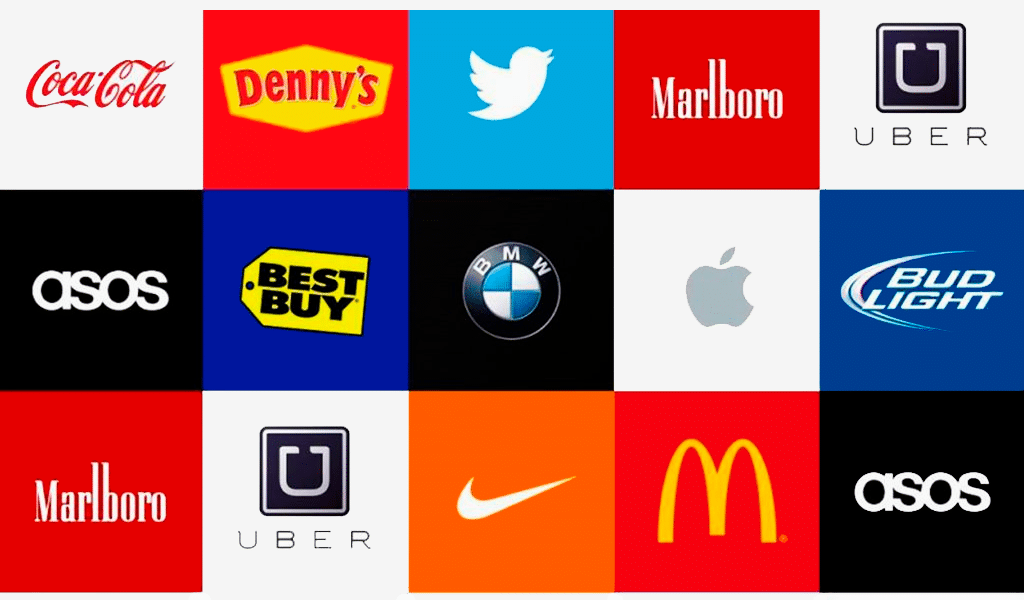
When you’re starting a new business, it can be a challenge to get others — be it customers, vendors, or investors — to trust you. That’s why it helps to take the old-school advice of “dressing for the job you want”.
Before a person tries your product or service, they assess appearance. Think about if you visit a mediocre website or get handed a business card that looks dated. It doesn’t instil trust or confidence, does it? You’re probably not going to jump to purchase something or contact someone for more information.
It legitimizes your brand identity
Starting a business or big project is hard. And as mentioned above, it can be a challenge to persuade someone to take a chance on you — especially when you when you’re not always 100% sure you have what it takes.
Because of the sheer number of obstacles to overcome when starting a business, it can be hard to feel confident in what you’re doing. So many unknowns! So many things to learn!
Foundation for Visual Brand Identity
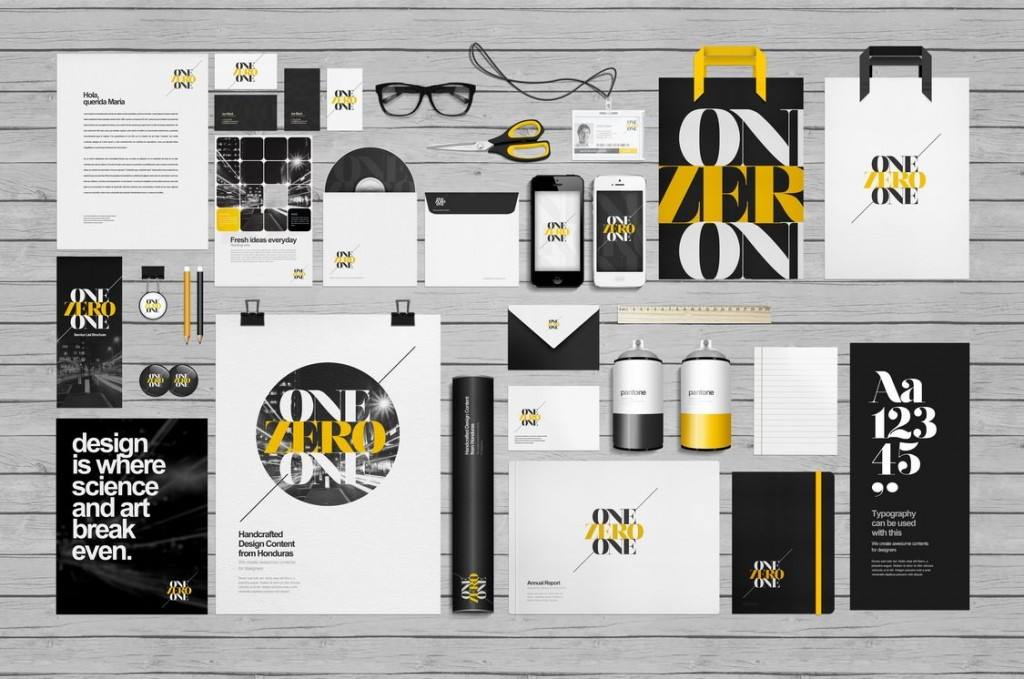
After you’ve designed a logo, you can confidently move on to other visual branding decisions because you’ll have chosen some key colors and fonts.
When you buy a logo, you’ll usually get a set of brand guidelines that exPlain what your logo consists of and how it should be used on different applications. This codified set of guidelines helps you build visual consistency (and brand memorability) as you grow your business and hire others to create assets for you.
Creating cohesive visual and narrative brand elements
The amount of to-do list items to tick off when you’re launching a business is daunting. These to-do items can easily get stalled or put on the backburner if you don’t have a logo. But remember: even if you’re launching the most basic of “Coming Soon” pages, a logo will put a professional stamp on what you’re doing and let you move on to other tasks.
I’m a product and graphic designer with 10-years background. Writing about branding, logo creation and business.

